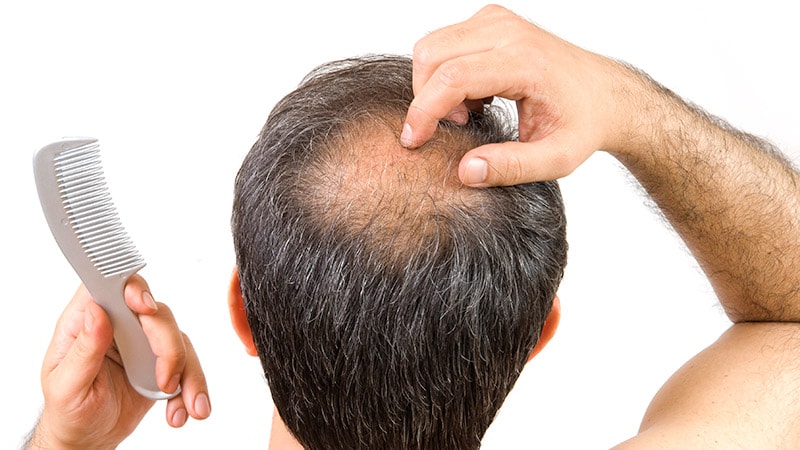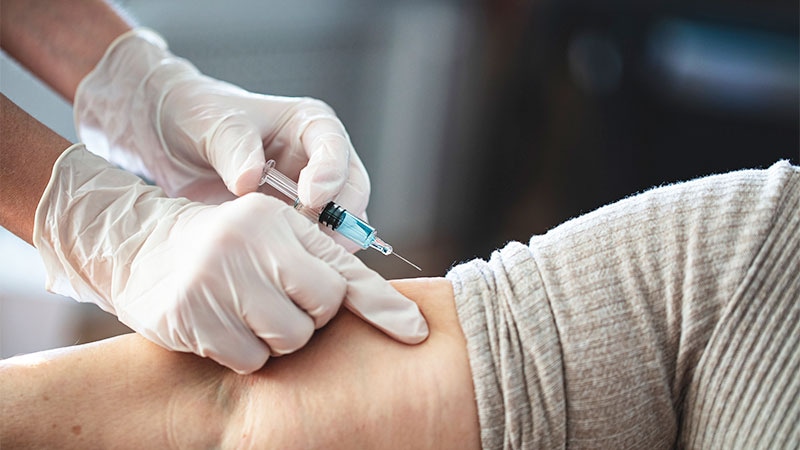Takeaway
- This study found significantly lower serum 25-hydroxyvitamin D (25[OH]D) levels in patients with atopic dermatitis (AD), especially in children.
- Vitamin D supplementations with a weighted average dose of 1500-1600 IU/daily for up to 3 months showed significant reduction in AD severity.
Why this matters
- The incidence of AD is growing worldwide, especially in urbanised countries.
- Findings warrant monitoring of vitamin D levels in patients with AD, especially in children.
Study design
- Mata-analysis included 16 studies (observational and interventional) after a search across MEDLINE, EMBASE and Cochrane databases.
- Primary outcomes: changes in serum 25(OH)D levels (observational) and Scoring Atopic Dermatitis (SCORAD) index or Eczema Area and Severity Index score (interventional) in the vitamin D supplementation vs control group.
- Funding: None.
Key results
- Overall serum 25(OH)D levels were significantly lower in patients with AD vs control group (mean difference [MD], −14 [95% CI, −25 to −2] nmol/L; P=.02; I2, 99%).
- A sub-analysis of paediatric population showed a significantly lower serum 25(OH)D level in children with AD vs control group (MD, −16 [95% CI, −31 to −1] nmol/L; P=.05; I2, 99%).
- Vitamin D supplementation group with a weighted average dose of 1500 IU/daily (MD, −21 [95% CI, −27 to −15] points) and 1600 IU/daily (MD, −11 [95% CI, −13 to −9] points; P<.0001 for both) showed significant reduction in SCORAD score vs control group.
Limitations
- Study included mild and moderate AD with only a few severe cases.
- No data from infants (age, <1 year) or pregnant women were included.
References
References


